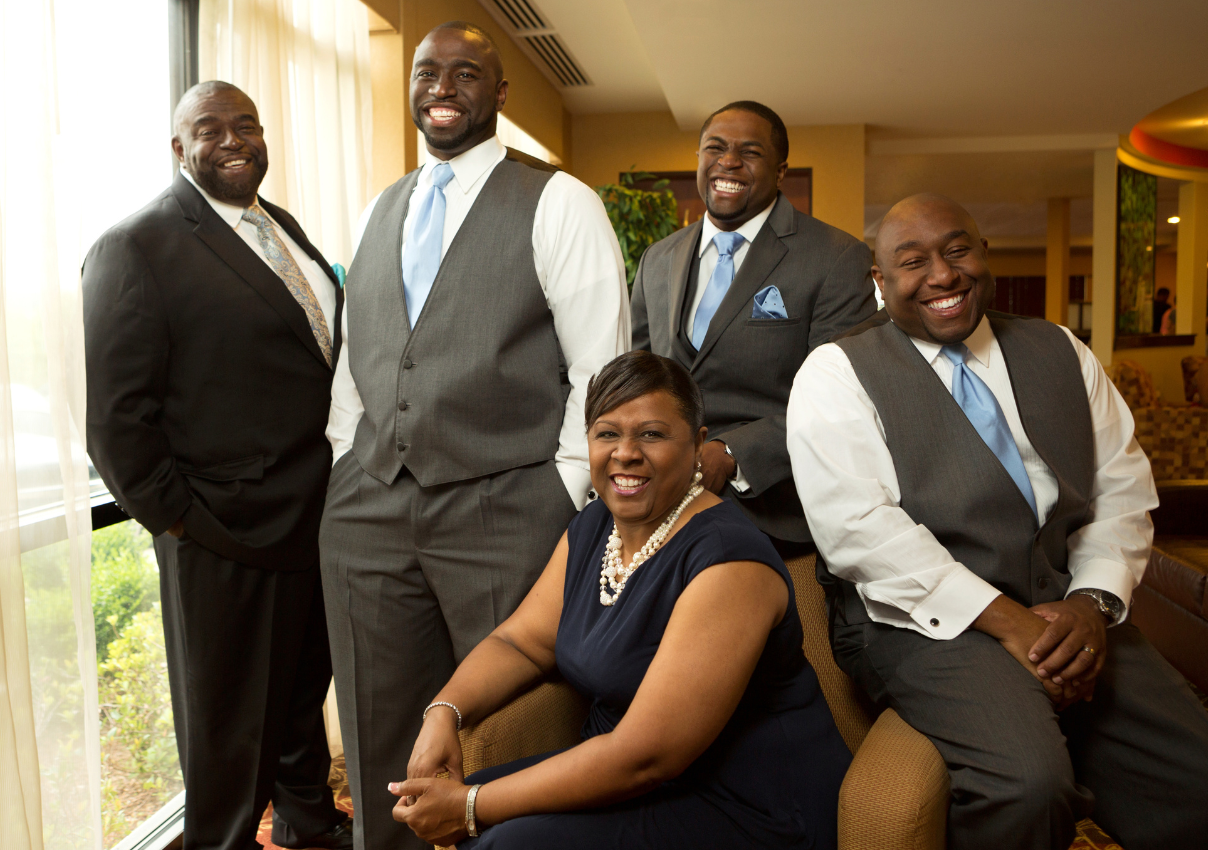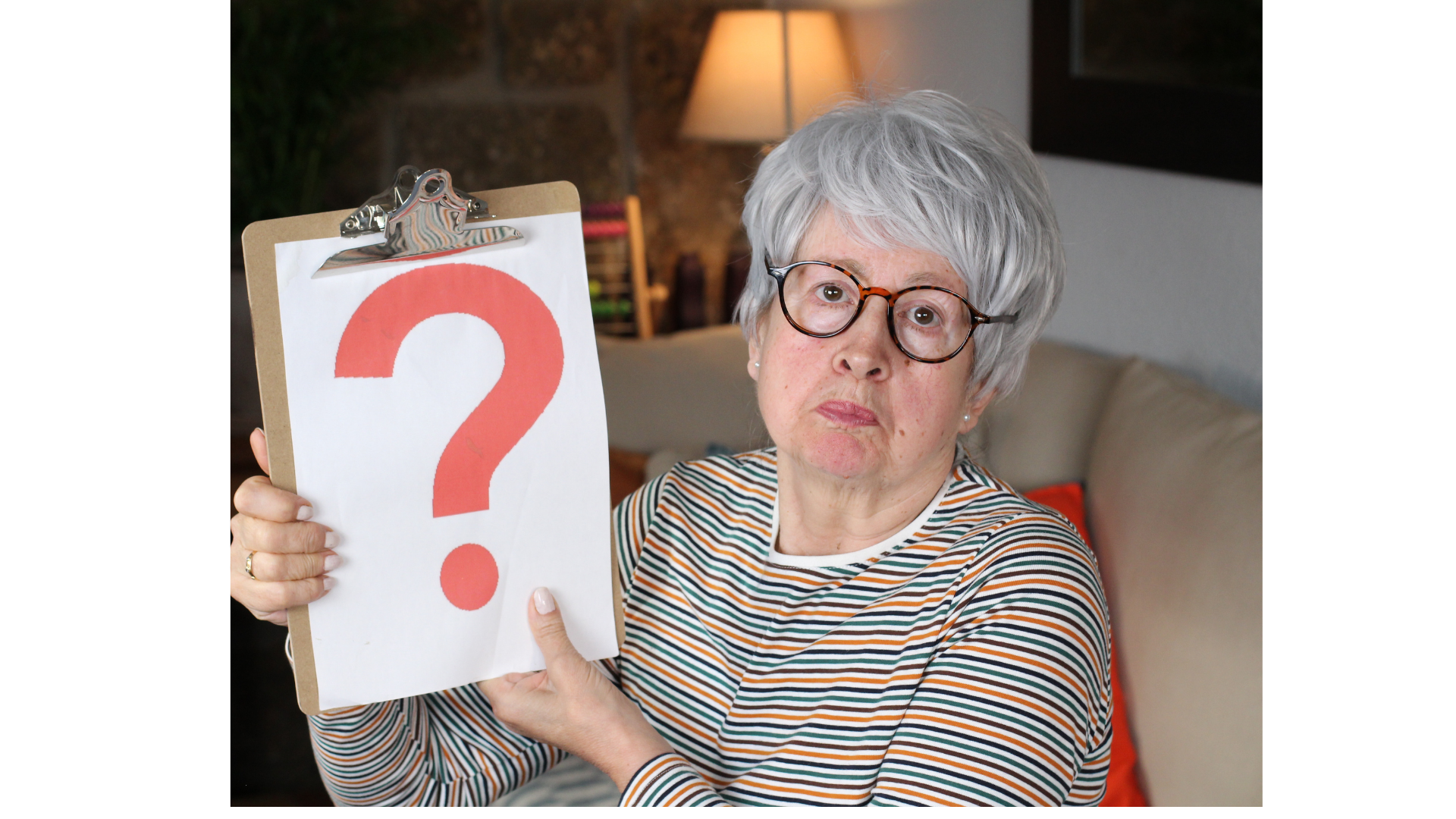
You Knew the Day Would Come
You knew the day would come, but you didn't think it would arrive so soon. Now, you struggle wiith your thoughs and emotions.
The transition to caregiving for an elderly loved one is hard. Even if you’ve been caregiving for months, all parties involved must continue to make difficult adjustments and sacrifices.
Caregiving is a lifestyle that makes everyone weary. We can all relate to having thoughts and feelings we don’t want to admit.
“This is not a good time for me. I’m in the middle of so many things. What with work, school, and family. Gerald is eleven, so he has all these special projects and sports that keep me running.”
“How will I fit Momma in? I shouldn’t say it like that, ‘fit her in,’ after all she’s done for me! I never could have made it through school without her. She was Gerald’s babysitter, a total godsend. He was always sick with colds and fevers in the beginning. I ran out of sick time at my job and couldn’t take time off. And now she needs me. I’ll do whatever I can, whatever she needs.”
“This truly caught me off guard. I should have seen it coming, but I just didn’t want to see it. I didn’t want to think about it.”
“I don’t feel ready or prepared. What do I do? Where do I start? Except for keeping up with her medicines, I don’t know what’s going on with Momma. What does she have? How bad is it? I don’t even know what questions to ask.
And she can be so stubborn. How much will she let me help, anyway? I’m sure this is all new for her, too.”
Is this your story?
Exploring Family Caregivers’ Emotions and Motivations

I’m Dr. Forrest Jones of CaringEnd. I help family caregivers not just survive but thrive.
In this post, I want to explore a little about a family caregiver’s emotions and motivations. What do caregivers tell themselves when they need to be reminded about why they do what they do?
A Best-Case Scenario

I wonder about that myself.
I am a caregiver for my aunt, my mother’s older sister, but I’m not alone in coming to her side. I’m blessed to have a close family and a lot of help. My three brothers, our wives and our children, as well as our uncle, are all actively involved in giving advice and emotional support.
We all love her dearly because she has been one of our biggest cheerleaders for as long as any of us can remember. For me and my family, our motivation is the love and support she has shown us. When I struggle with caregiving duties, I remind myself of how much I love my aunt, and it makes the burden feel lighter.
Other caregivers are not so fortunate.
Alone and Lonely

So many elders have only one caregiver, typically a spouse or adult child. Sometimes, the lone caregiver is a grandchild, a niece or nephew, or a longtime neighbor who is like family. Caregiving by a solo caregiver can be challenging because the entire burden falls on just one person.
Caregiving responsibilities have become more complex. One significant and increasingly common challenge is that the caregiver does not live with the loved one. Some caregivers even live in another town, state, or country.
Sadly, some elderly people have no one. Elder orphans are those whose spouse and children are gone, estranged, or otherwise unavailable or unwilling. Perhaps they never had a spouse or children. They may have been an only child, or they have outlived their siblings and other close family members.
Coping with Change

Fortunately, my aunt is not alone. Yet, we were slow to acknowledge her struggles to take care of herself and her need for help, partly because we all live out of state. Like most elderly, she wished she could continue to be independent. ut things change, and life must move on.
Thinking About Motivation: What Do You Tell Yourself to Keep Going?

Some family caregivers may not have the benefit of loving relationship to motivate them. In my practice, I’ve seen wives who had left the relationship because they had been abused only to return years later to care for a husband now helpless and dying because of cancer or chronic disease. I’ve seen the same among returning children, some still seeking the affirmation they never received in their childhood. They did this, I witnessed, from their own personal sense of responsibility and duty.
Nevertheless, I don’t view caregiver motivations as an either-or issue: either affection and appreciation, or duty and responsibility. I’ve given the above as examples of the extremes. Rather I see them as points on a spectrum.
A husband may start out primarily motivated by affection and appreciation. And yet, by caregiver stages 3 and 4 (exhausted, physically and mentally), his feelings may be bittersweet, compelling him to rely on duty and responsiblity to pull him through.
Three things I'm Learning

This is not a complete list of caregiver motivations. I’ve touched on just a few to stimulate thought. Family caregiver motivations are many, and our motivations sometimes seem to conflict. Many days, we must tell ourselves whatever we need to in order to keep going.
Here are three things I'm learning:
- Take time to prepare.
- Take it in stride.
- Be patient with one another because caregiving is a marathon.
I'll give my thoughts on each of these one at a time in coming posts, starting with Take time to prepare.
Your Turn
What do you tell yourself to keep going? What is your predominant motivation right now, affection and appreciation or duty and responsibility?
Let me know in the comments, especially if you have an answer I didn’t mention.
If you are a caregiver for a family member, friend or neighbor, please consider taking my Caregiver Quiz
Until next time.
Forrest Jones MD
Take my Caregiver Quiz
My website CaringEnd.com
Or reach me at info@caringend.com